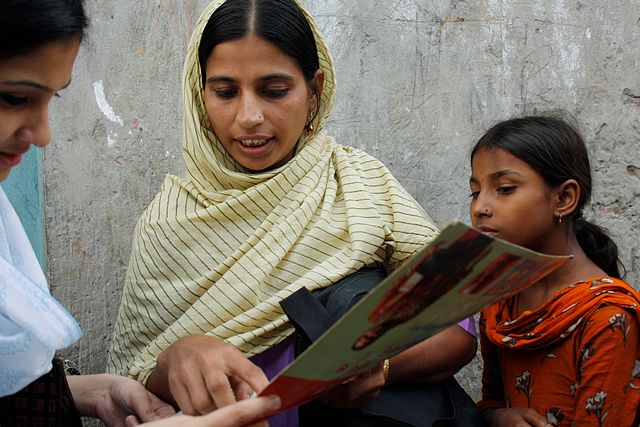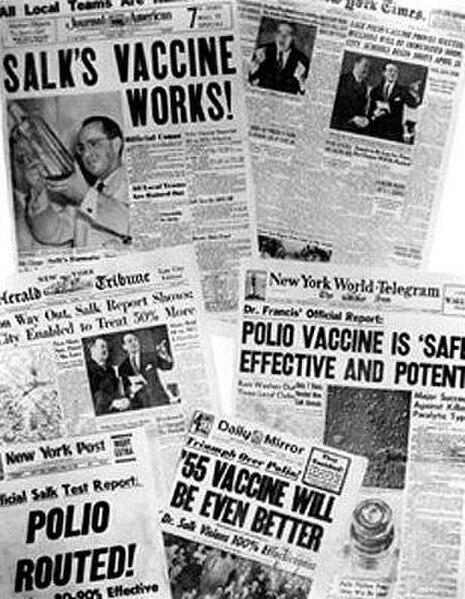Environmental health is the branch of public health concerned with all aspects of the natural and built environment affecting human health. In order to effectively control factors that may affect health, the requirements that must be met in order to create a healthy environment must be determined. The major sub-disciplines of environmental health are environmental science, toxicology, environmental epidemiology, and environmental and occupational medicine.
Environmental health indicator (2016). It consists of three categories: health impacts, air quality, and water and sanitation. The health impacts category includes the environmental risk exposure indicator.
FEMA/EPA Hazardous Materials Team removing hazards left in the wake of Hurricane Katrina, 2005
A Mumbai factory releasing air pollution.
Water runoff in Maryland, USA.
Public health is "the science and art of preventing disease, prolonging life and promoting health through the organized efforts and informed choices of society, organizations, public and private, communities and individuals". Analyzing the determinants of health of a population and the threats it faces is the basis for public health. The public can be as small as a handful of people or as large as a village or an entire city; in the case of a pandemic it may encompass several continents. The concept of health takes into account physical, psychological, and social well-being.
A community health worker in Korail Basti, a slum in Dhaka, Bangladesh
The WHO is the predominant agency associated with global health.
Newspaper headlines from around the world about polio vaccine tests (13 April 1955)
A Public Health Prayer - Dr Edmond Fernandes








